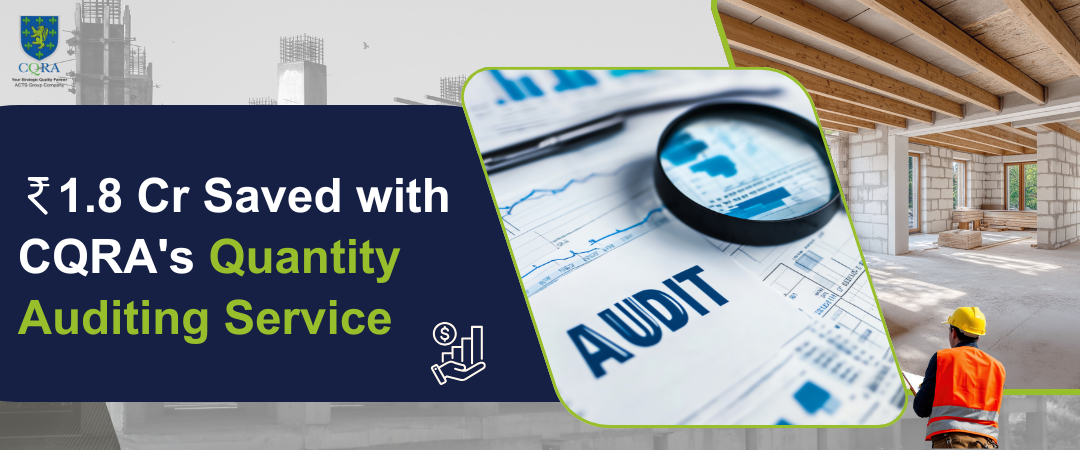Coordination is the key for construction/ project managers to deal effectively with the dual aspects of building on time and not compromising quality in the process.
Executing construction projects that have multiple consultants, large labor force, strict timelines and numerous processes going on at the same time is a management challenge for any team.

Imagine a scenario where as a project manager, you order a consignment of a certain material as you have ample labor on site. However, this material does not arrive on time due to some logistical issue on the manufacturer’s end. So now there is idle labor that is eventually shifted to another site by the contractor and you have to agree to this to save costs. When the material eventually arrives, there is less labor to utilize the same. Material that is unused over time starts deteriorating which is a waste of money. When the labor is finally mobilized, the material quality is now sub-standard but it cannot be just discarded. So, the developers may use deficient quality materials just to minimize their losses. And the downward spiral of the project continues resulting in skewed timelines and sub-standard quality.
Achieving top notch quality and maintaining project speed is a huge exercise in meticulous coordination. It’s a great feat by the project team that needs to take all possible aspects into consideration at the planning stage. A balance between all the project facts needs to be maintained – only then can a particular project be handed over in time and with the desired quality standards.
Need for Speed and Quality
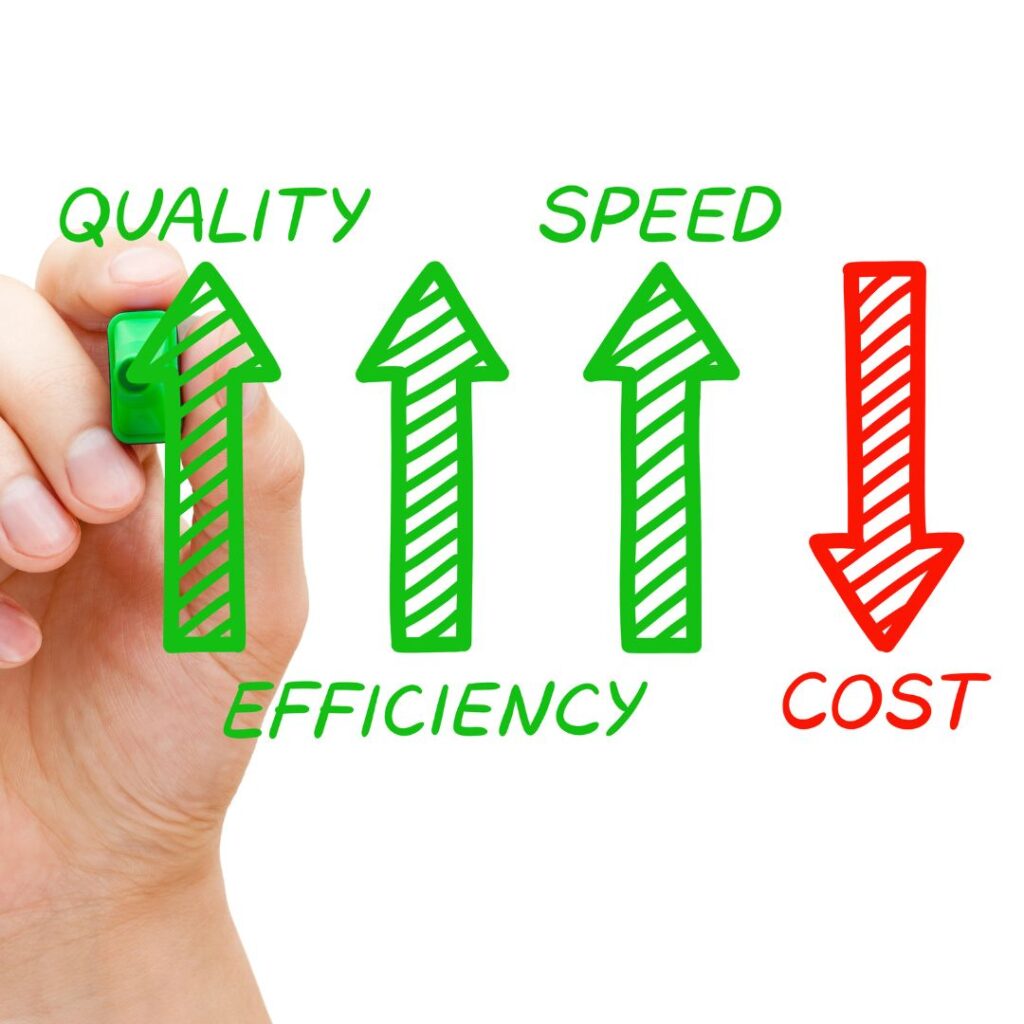
- Quality and Speed – both aspects of construction are essential and one cannot be deemed more important than the other. Trying to complete the project on time or before time and not paying attention to quality would never give the desired results.
- Obviously, compromising on quality would result in a very defective or deficient end product and customers would have an unfavorable opinion about the construction, the processes and the developer.
- This would mean no repetitive or reference customers and loss of brand value. So, ultimately maintaining quality as well as the overall speed is very essential for any developer to be recognized for the quality as well as delivery of their products.
How Do Project Managers Manage the Quality and Speed Tightrope Walk?
- For quality and speed to proceed simultaneously, processes must be laid down well in advance so that all aspects are synchronized at the very start of the project.
- Processes where quality aspects should take precedence and where the project speed aspects should prevail should be clearly defined, giving the team a clear cut idea as to how a particular process would be followed and at what level.
- The success of laying down these aspects is in the team religiously following them. No one must be permitted to overrule the workflow and simultaneously quality and speed aspects at their own discretion.
- All the team members involved in that particular project should be aware of the set processes both related to the project speed as well as the quality aspect, so that project execution becomes streamlined and devoid of hiccups.
Does Having a Third Party Agency Onboard Help Achieve This Balance?
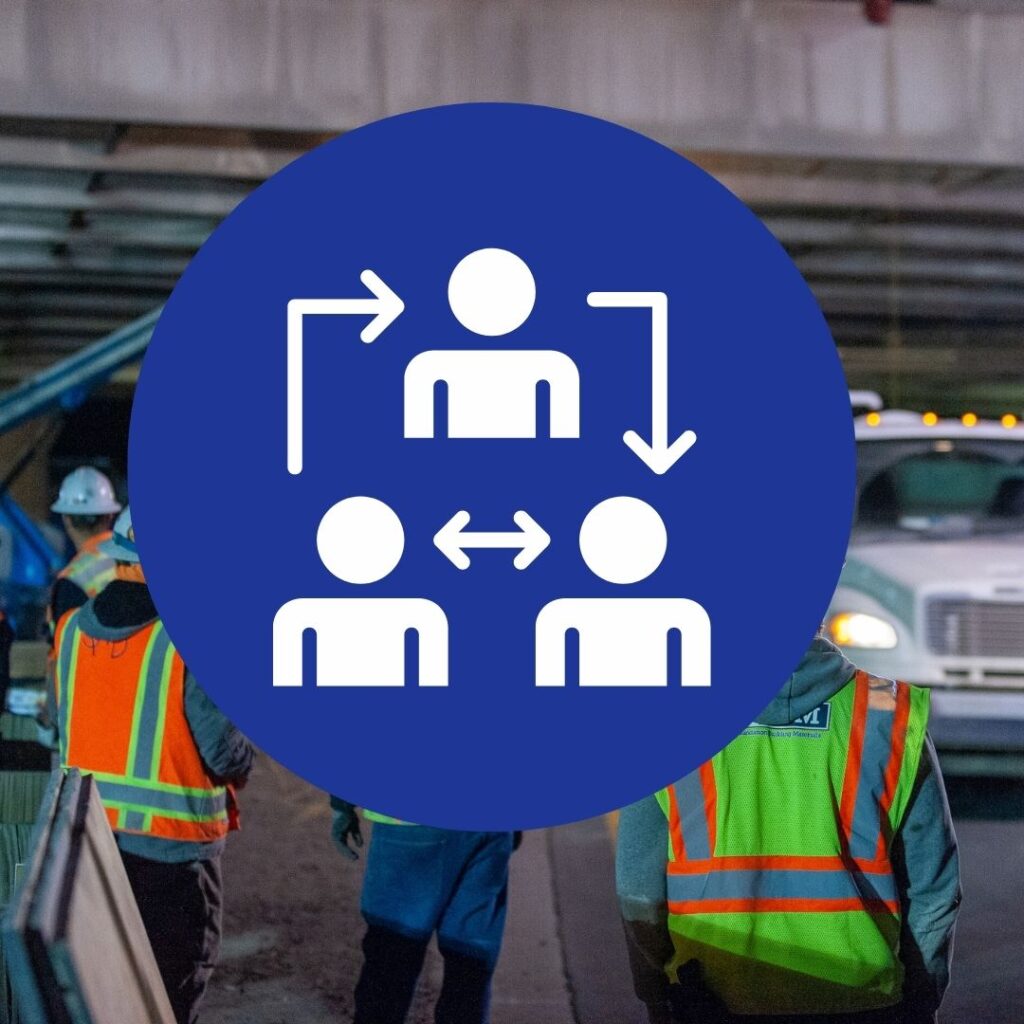
- Employing a Third Party Agency definitely helps only if they are given an independent charge of the management of the particular construction project.
- If the Third Party Agency is engaged only for operational purpose with the decision-making being done at another level then this results in a disconnect between the decision-maker and the actual site conditions. This is not a desirable situation and will not deliver the desired result.
- The Third Party Agency without clear indications would be left in no man’s land in every situation, guessing what the developer and the contractor are conveying to them and how to reach various consultants.
- The ideal situation is such that the developer conveys all aspects and points to the Third Party Agency and from then onwards the Agency is directly responsible both for the quality, the progress and the overall completion of the project. They should also be given the authority to approach various consultants directly so to reduce lags between the query raised and the resolution provided.
Challenges of Delivering the Right Project on Time
Human Resource Issues
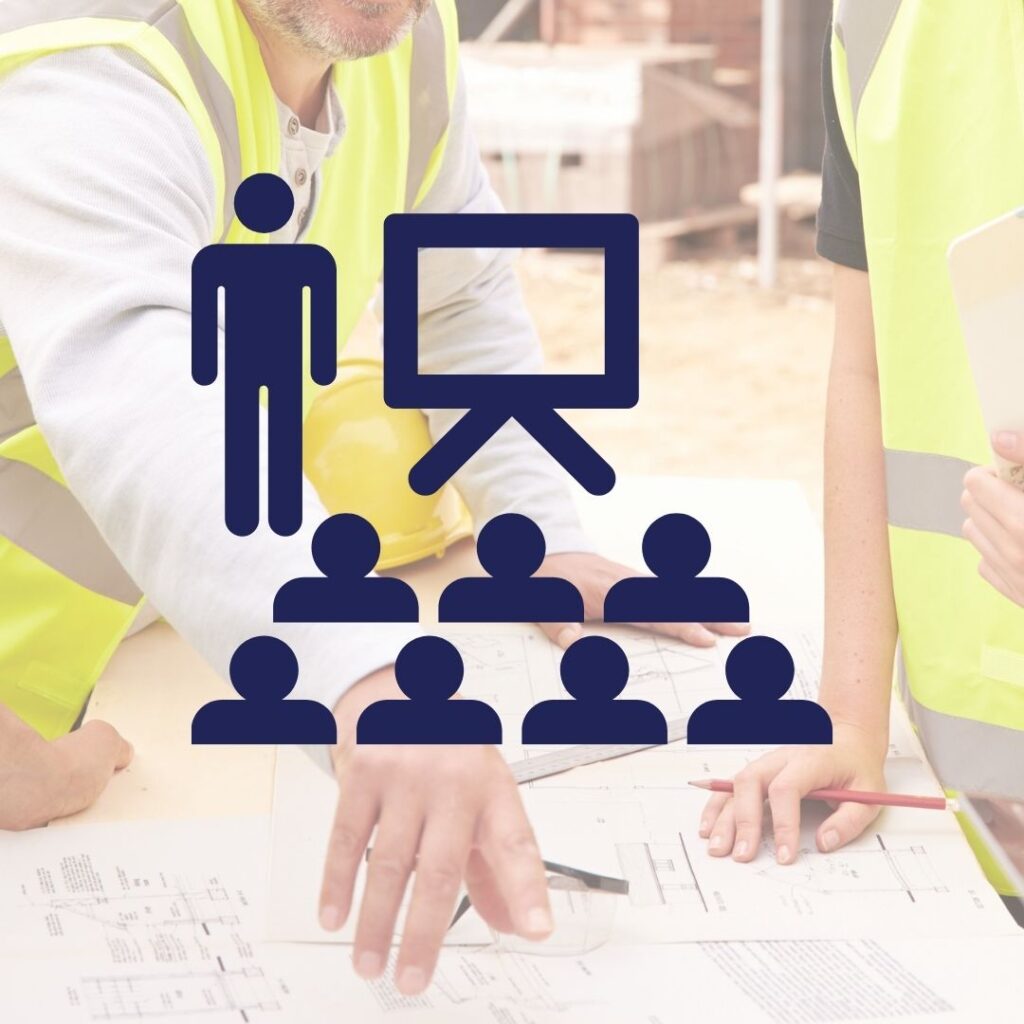
- Decision-making in a particular project is a very crucial to get the project up and running in the initial stages and then maintaining the tempo till the completion. So, the decision makers like the project managers and engineers assume great importance as they know the ins and outs of the project and have been onboard from the inception stages.
- If such human resource leaves the organization during the execution stage, the new person in their place is unaware of the discussions, decisions and all assumptions that were taken during the conceptualization stage.
This results in hassles as the new manager has to be briefed in detail about the project intricacies. If more employees leave and new people join in the lifecycle of a construction project, the information gap goes on widening ultimately reflecting adversely on the duration, speed, quality and the overall completion of the project.
Labor Issues

- For any particular project, an initial set of labors are trained thoroughly by doing proper mock-ups when it commences. But going forward, this detailed training is not possible for every new labor that has been brought to site.
- Hence the new labor may not be trained sufficiently to execute particular jobs on the site.
- Every site has some specific constraints which need to be considered while executing that particular job and new labors are employed on site that is where the gap starts to widen.
- Since the labor is not trained before they start hands-on work on the site, this creates a gap between what is expected and what they deliver.
Material Issues
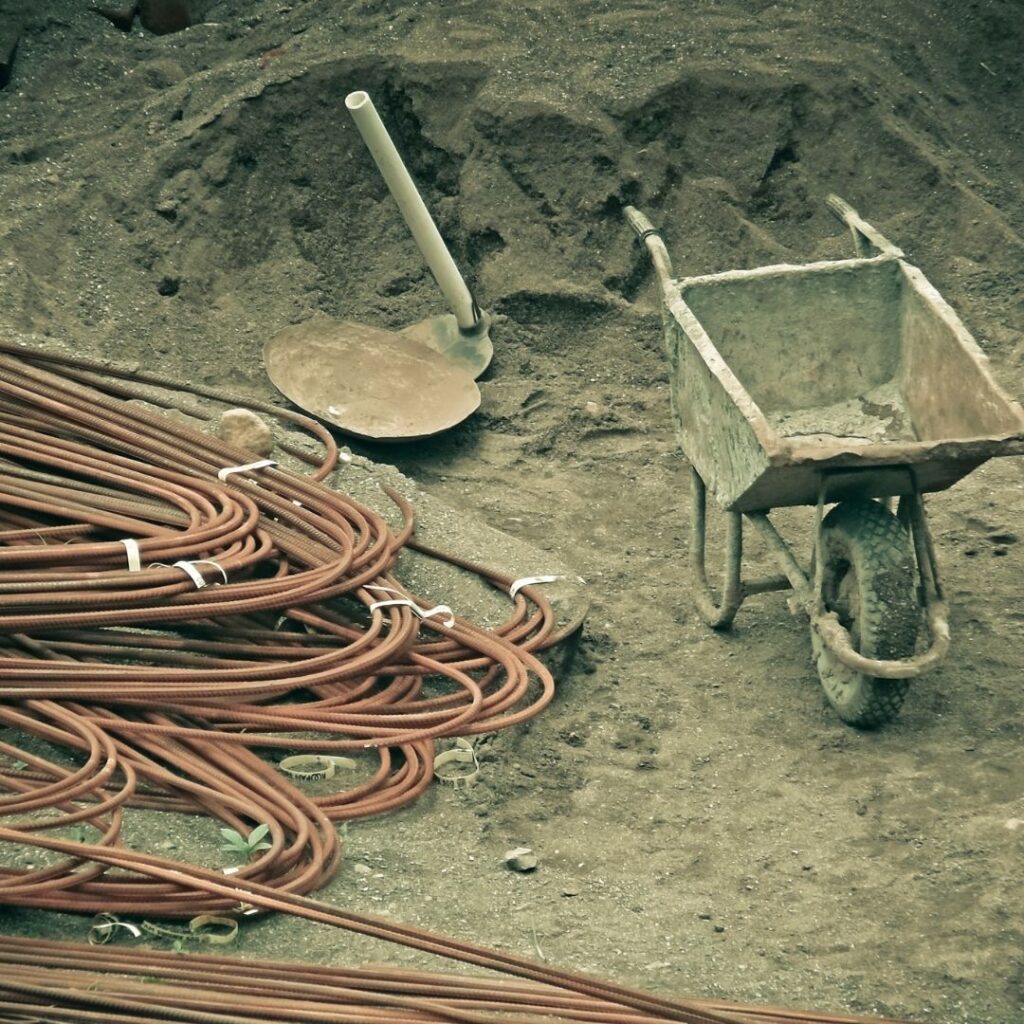
- One cannot procure the entire material that is required for a particular project for its entire duration. It has to be ordered it in parts.
- As the project managers go about the process, there may be some delivery constraints, production, manufacturing, and transportation issues related to the materials. There could be labor issues or other issues pertaining to loading and unloading of those particular materials. There may be problems related to raw materials of the material as well.
- All these aspects lead to delay in material procurement and would also impact the quality of the delivered product because all activities are executed with certain assumptions. And when these assumptions fail to stick, then obviously, there is a gap between what is expected and what is on site creating issues which ultimately lead to impacting the quality of particular product.
Solution : Superb Coordination Is the Key

- The coordination between the manpower required, the material, their quantities, all this requires tremendous amount of coordination and this is essential for timely completion as well as maintaining the quality of a construction project.
- And it cannot be done by a single individual or by themselves. It is a teamwork which requires people from various departments in the developer’s office, contractors at the institution level, various government agencies to give their NOCs and approvals and clearances at those respective timelines.
- So, unless all these are coordinated properly, you cannot deliver a project on the stipulated time and with the desired quality standards.
- Doing all that kind of coordination so that everything falls in place is quite important. In fact, the execution of a particular project is a tremendous job for a person coordinating the entire team.



